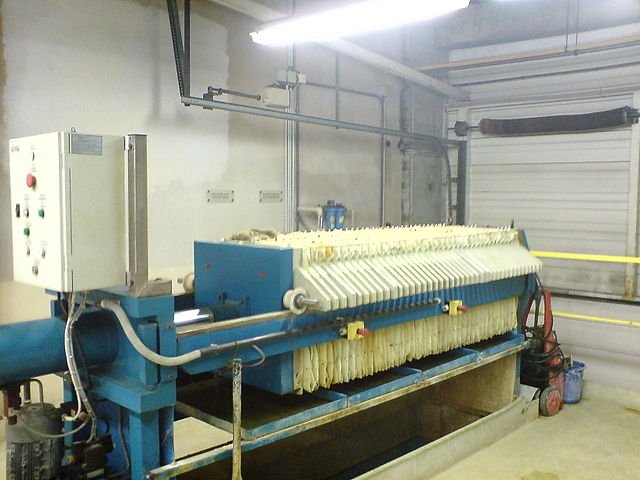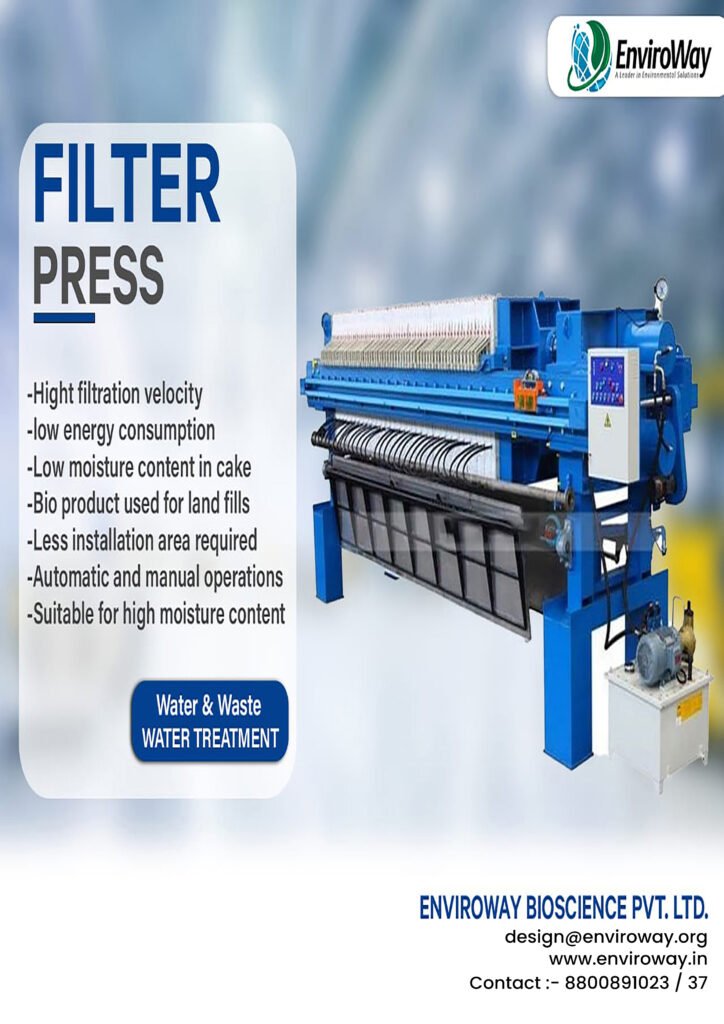Waste Water Treatment Chemicals
Importance of Using Chemicals in Wastewater Treatment
- Increasing efficiency : It helps in increasing the efficiency in physical, biological and mechanical process
- Meeting standards : We can meet the regulatory standards before discharging treated water into fresh water with the help of chemicals.
- pH level : With the help of chemicals we can easily adjust the pH level.
- Contaminants : Helps in removing contaminants from waste water.
Types of Wastewater Treatment Chemicals
There are several types of chemicals used in wastewater treatment available in the market :
- Coagulants and Flocculants
These are most important chemicals which are used in the initial stages of treating waste water and helps in the easy removal of suspended solids.
Types of Coagulants
1. Aluminum sulfate
2. Ferric chloride
3. Polyaluminum chloride
Types of Flocculants
1. Polyacrylamide
2. PolyDADMAC
Application in Wastewater Treatment
As I have mentioned earlier these chemicals are important chemicals in initial stages which clearly says they are added to the waste water at the primary stages of treating water, where they assist in the sedimentation process. And helps to improve the efficiency of solids removal and clarify the water before further treatment
2.pH Adjusting Chemicals
Maintaining the proper pH level is crucial for optimizing various treatment processes to meet the standards.
Importance of pH in Wastewater Treatment
1. pH affects the solubility and chemical reactions of pollutants in wastewater.
2. Adjusting the pH level to some particular range enhances the efficiency of whole process.
Different pH Adjusting Chemicals
1. To Lower down pH levels
1.1 Sulfuric acid
1.2 Hydrochloric acid
2. To raise pH levels
2.1 Lime
2.2 Caustic soda
Role in Neutralization and Precipitation
pH adjusting chemicals to neutralize acidic or alkaline wastewater and promote the precipitation of dissolved metals and other pollutants. This helps in their removal during subsequent treatment stages.
3.Disinfectants
Disinfectants are chemicals are used to kill inactivate pathogens and microorganisms present in wastewater which helps in reducing the risk of waterborne diseases.
Importance of Disinfection in Wastewater Treatment
- It especially used for effluent intended for discharge into receiving water bodies for reuse.
- It helps in protecting public health and prevent the spread of waterborne diseases.
Common Types of Disinfectants
Common disinfectants used in wastewater treatment process are chlorine, chlorine dioxide, ultraviolet (UV) light, and ozone. Each disinfectant has its own advantages and disadvantages in terms of effectiveness, cost, and safety.
Role in Killing Pathogens and Microorganisms
It works on the principle of disrupting the cellular structures of pathogens and microorganisms which unable them to reproduce. Which ensures that treated wastewater meets regulatory standards.
4.Adsorbents and Absorbents
Adsorbents and absorbents are used in wastewater treatment to remove organic and inorganic contaminants through physical or chemical mechanisms.
Function of Adsorbents and Absorbents
Adsorbents such as activated carbon and zeolites attract and trap pollutants onto their surfaces through adsorption, while absorbents such as activated alumina and silica gel absorb contaminants into their porous structures.
Examples of Adsorbents and Absorbents
Activated carbon is widely used for the removal of organic compounds, odors, and taste from wastewater. Silica gel and activated alumina are effective for removing heavy metals and trace contaminants.
Removal of Organic and Inorganic Contaminants
Adsorbents and absorbents are employed in tertiary treatment processes to polish the treated wastewater and remove residual pollutants that may affect water quality or pose risks to the environment.
For more details or queries related to waste water treatment chemicals products you can
Call us at 8800891023
Email us at info@enviroway.org



